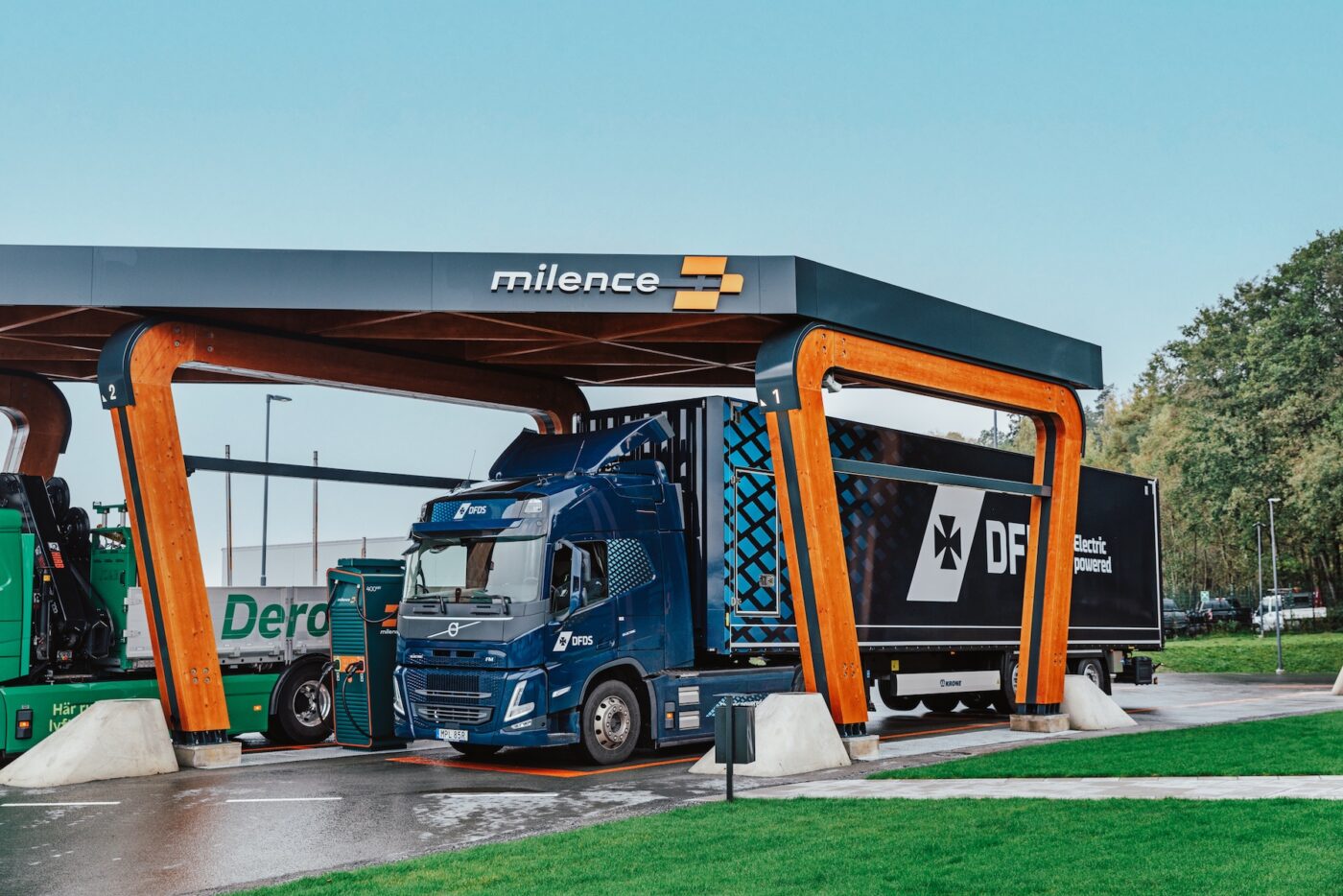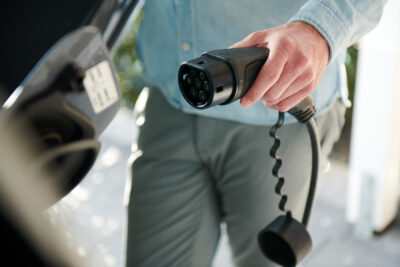AFIF grant: EU funds alternative infrastructure with €422 mn
These projects were selected as part of the second phase of the Alternative Fuels Infrastructure Facility (AFIF), which officially launched in February of last year. In terms of EV charging, this round of funding will support the installation of about “2,500 electric recharging points for light-duty vehicles and 2,400 for heavy-duty vehicles along the European TEN-T road network,” the EU Commission writes. One of the big winners is truck CPO Milence. The joint venture by Daimler Truck, Traton and Volvo Group, will receive an impressive 111 million euros in funding for two projects. The largest project involves the construction of 64 truck charging parks in Austria, Belgium, Germany, Denmark, France, Italy, the Netherlands, Sweden and Spain. A total of 256 MCS charging points and 236 CCS charging points are being subsidised for these charging parks. In a second project, the EU also supports the construction of 28 MCS charging points and 28 CCS charging points for electric trucks at a total of seven charging parks in Poland.
From a German point of view, EDIR also stands out. The abbreviation stands for ‘E.ON Drive Infrastructure.’ The EU supports two EDRI projects with a total of 45 million euors. These run under the name Drive-E. The project partners behind Drive-E are E.ON, ZSE and Eldrive.
The first project will see the installation of 708 charging points for cars and light commercial vehicles, as well as 126 charging points for electric trucks and buses in the Czech Republic, Hungary, Poland, Romania, Bulgaria and Slovakia. The charging infrastructure will be installed along European transport corridors, in urban hubs, and potentially in secure car parks. The initiative will be complemented by a twin Drive-E General project for charging infrastructure in Germany, Austria, Italy, the Netherlands, Denmark, Sweden and Lithuania. EDIR will install 224 charging points for cars and light commercial vehicles and 301 charging stations for electric trucks and buses in these countries.
As mentioned above, the EU Commission will also fund H2 infrastructure and the decarbonisation of airports and ports. Specifically, 35 hydrogen refuelling stations will be set up as a result of the funding. German company Air Products, for example, will receive around 6.3 million euros to set up two “large scale” H2 filling stations in Germany. In Spain, HVR Energy wants to set up a total of 20 hydrogen refuelling stations “along the TEN-T network in several urban nodes.” An initiative funded with 4.2 million euros.
Part of the funding will also be used to support the electrification of ground handling services at eight airports, for instance in Brussels. Around 7.2 million euros have been earmarked for the installation of “328 charging points for ground support equipment vehicles (GSE), the installation of 19 Fixed Electric Ground Power (FEGP) and 28 Pre-conditioned Air (PCA) units to maintain power and supply air conditioning to stationary aircraft.”
Last but not least, the funding will be used for “the greening of nine ports and two ammonia and methanol bunkering facilities.”
The call for the second round of funding remains open until June
In April 2024, the EU had already released €424 million as part of the fifth funding round of the AFIF tender. The funding will be used to install 4,200 charging points, 48 hydrogen refuelling stations, and electrifying ground handling services at 21 airports. At the time, none of the 42 selected projects were coordinated by Germany.
The AFIF has a total budget of 1 billion euros for 2024-2025. The deadline for the first round of funding for the current tender was in September 2024. As mentioned above, there will be more funding rounds, with the next deadline being in June 2025.
FIF combines grants from the European Transport Infrastructure Programme and the Connecting Europe Facility (CEF) with capital from financial institutions to increase the impact of the investments. The main objective is to contribute to the decarbonisation of transport along the TEN-T network. TEN-T refers to a planned network of road, rail, air and water refuelling station connections in the European Union. It complements similar endeavours in the telecommunications and energy sectors.
According to the EU, its financial contribution will take the form of grants with different co-financing rates or standardised contributions, depending on whether the project is located in a country that is eligible for support from the Cohesion Fund or not. However, the funding confirmation is still provisional: the EU Commission still needs to formally adopt the funding decisions.
ec.europa.eu, ec.europa.eu (list of projects; PDF), eon.com (E.ON)





0 Comments